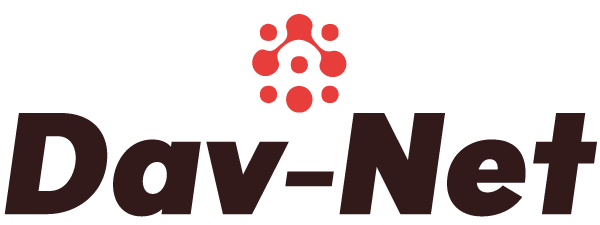Personality assessments play a crucial role in the process of hiring sales professionals. In the highly competitive world of sales, the success of your team can directly impact your organization’s bottom line. Therefore, it is imperative to make informed hiring decisions, and personality assessments can be a valuable tool in this regard.
Identifying Key Traits: Sales professionals require specific personality traits to excel in their roles. These traits include extroversion, assertiveness, empathy, and resilience. Personality assessments, such as the Big Five Personality Test, can help employers identify these traits in candidates. By assessing a candidate’s extraversion, emotional stability, openness, agreeableness, and conscientiousness, employers can gauge their suitability for a sales position. For example, extroverted and assertive individuals are more likely to thrive in sales, while empathy can help build strong customer relationships.
Cultural Fit: Personality assessments can also be instrumental in determining a candidate’s cultural fit within an organization. In sales, teamwork and collaboration are often critical, and having a team of individuals who can work well together is essential. By assessing a candidate’s personality and values, employers can ensure they are bringing in individuals who align with the company culture and values.
Predicting Sales Success: Personality assessments have been shown to be effective in predicting sales success. For instance, a candidate with high levels of conscientiousness may be more likely to meet sales targets consistently due to their attention to detail and organizational skills. Similarly, a candidate with high extraversion and assertiveness may excel at cold calling and building relationships with potential clients. By utilizing personality assessments, employers can make more accurate predictions about a candidate’s potential for success in a sales role.
Reducing Turnover: High turnover is a common issue in sales organizations. Personality assessments can help reduce turnover by ensuring that candidates are a better fit for the role and the company. When employees are a good fit for their positions, they are more likely to be satisfied with their jobs and stay with the organization longer. This can lead to cost savings in terms of recruitment, training, and lost productivity.
Tailoring Training and Development: Understanding a candidate’s personality can also aid in tailoring training and development programs. For example, a candidate with lower levels of assertiveness may benefit from additional training in negotiation skills, executive sales recruiters while someone with high extroversion may thrive in networking and relationship-building training sessions. Personalized training can lead to faster skill development and improved sales performance.
Ethical Considerations: Personality assessments also help assess a candidate’s ethical values and integrity, which is crucial in sales, where trust and reputation are paramount. Employers can use these assessments to ensure that their sales team members have a strong moral compass and adhere to ethical standards in their interactions with clients.
Legal Compliance: it is important to note that while personality assessments can be valuable, they must comply with legal guidelines and not discriminate against protected characteristics. Employers should use assessments that are well-validated and designed to predict job performance, and they should always ensure that they do not unfairly disadvantage any group of candidates. Personality assessments are valuable tools in sales hiring for a multitude of reasons. They can help identify key traits, assess cultural fit, predict sales success, reduce turnover, tailor training, evaluate ethics, and ensure legal compliance. However, it is essential to use these assessments as part of a holistic hiring process that includes interviews, reference checks, and a thorough analysis of a candidate’s qualifications and experience. When used judiciously, personality assessments can significantly enhance the chances of hiring sales professionals who will drive revenue and contribute to the long-term success of the organization.
